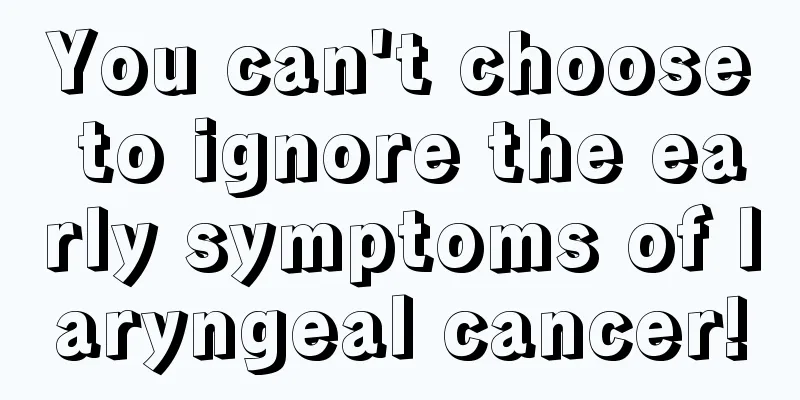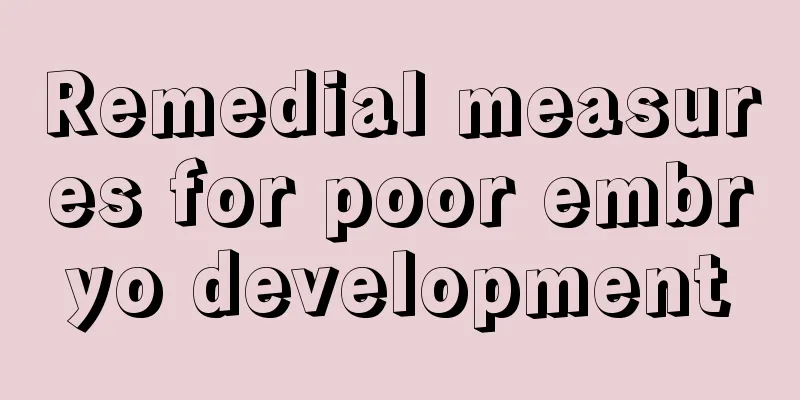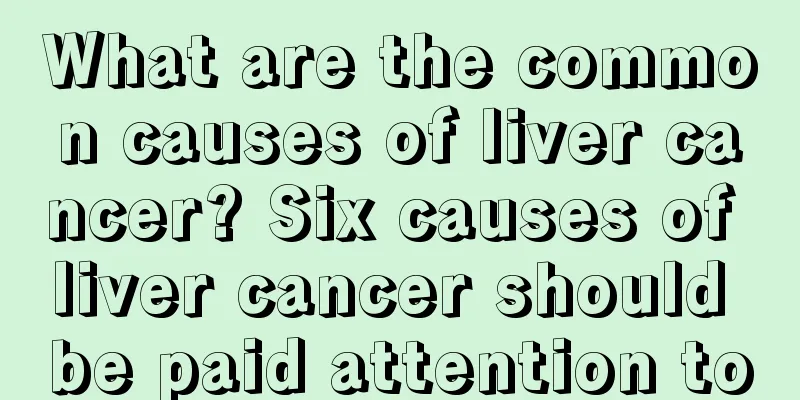Hypertension drug classification and representative drugs

|
Hypertension is a disease with a very high incidence among middle-aged and elderly people, and it is also a relatively high-risk symptom. When the health problem of high blood pressure occurs, it is necessary to take certain treatment measures in time according to the condition to lower blood pressure and ensure the health of the patient. There are many ways to treat high blood pressure, such as medication. So, what are the drugs for treating high blood pressure? 1. Diuretics The antihypertensive effect is mainly achieved by excreting sodium, reducing extracellular volume, and lowering peripheral vascular resistance. The blood pressure lowering effect comes on smoothly and slowly, lasts for a relatively long time, and has a long-lasting effect. Suitable for mild and moderate hypertension, and isolated systolic hypertension. It has a stronger antihypertensive effect in patients with salt-sensitive hypertension, those with obesity or diabetes, menopausal women, those with heart failure and the elderly with hypertension. Diuretics may increase the effectiveness of other antihypertensive drugs. 2. Beta-receptor antagonists This type of drug can exert its antihypertensive effect by inhibiting central and peripheral RAAS, inhibiting myocardial contractility and slowing heart rate. The antihypertensive effect is strong and rapid, and the duration of antihypertensive effect of different beta-receptor antagonists is different. It is suitable for patients with varying degrees of hypertension, especially young and middle-aged patients with a faster heart rate or those with angina pectoris and chronic heart failure. Its efficacy is relatively poor for elderly people with hypertension. 3. Calcium channel blockers Calcium channel blockers have a rapid onset of antihypertensive effect, relatively strong antihypertensive efficacy and amplitude, and small individual variability in efficacy. Combination therapy with other types of antihypertensive drugs can significantly enhance the antihypertensive effect. Calcium channel blockers have no obvious effect on blood lipids, blood sugar, etc., and medication compliance is good. Compared with other antihypertensive drugs, calcium channel blockers have the following advantages: they have better antihypertensive effects on elderly patients; high sodium intake and non-steroidal anti-inflammatory drugs do not affect the antihypertensive effect; they also have a significant antihypertensive effect on alcoholic patients; they can be used for patients with comorbid diabetes, coronary heart disease or peripheral blood closure; long-term treatment also has anti-atherosclerotic effects. 4. Angiotensin-converting enzyme inhibitors The antihypertensive effect is mainly achieved by inhibiting circulating and tissue ACE, reducing the production of ATⅡ, and inhibiting kininase to reduce the degradation of bradykinin. The blood pressure lowering effect takes a long time to take effect, reaching its maximum effect in 3 to 4 weeks. Limiting sodium salt intake or using diuretics in combination can make the effect take effect more rapid and more potent. 5. Angiotensin II receptor antagonists The antihypertensive effect takes effect slowly but is long-lasting and steady. A low-salt diet or combined use with diuretics can significantly enhance the therapeutic effect. The antihypertensive effect of most ARBs increases with increasing dose, and the therapeutic dose window is relatively wide. The biggest feature is that it has fewer adverse reactions directly related to the drug, generally does not cause irritating dry cough, and has high compliance with continuous treatment. |
<<: Is grade 3 hypertension serious?
>>: What to do if you have high blood pressure during the pre-employment physical examination
Recommend
Why does my wrist hurt after a fall?
Wrestling is a form of entertainment that origina...
How much does chemotherapy for nasopharyngeal carcinoma cost
Nasopharyngeal cancer is more common among young ...
What does tuberculosis mean
Tuberculosis is also known as pulmonary tuberculo...
What are the symptoms of ophthalmoplegia
Ophthalmoplegia often manifests itself as droopin...
Pay attention to the early symptoms of cardia cancer
In life, the incidence of cardia cancer is gettin...
The causes of brain cancer can be divided into three main aspects
Brain cancer can occur at any age. Compared with ...
What is the cure rate for kidney cancer?
The cure rate of kidney cancer depends mainly on ...
Can wontons be frozen in the refrigerator?
If you buy too many wontons and cannot finish the...
What is the tonifying and draining technique of acupuncture
Acupuncture is a relatively traditional treatment...
In the late stage of colorectal cancer, you should pay attention to not eating or eating less fried food
As the incidence of colorectal cancer continues t...
Does nasopharyngeal carcinoma develop quickly?
The development period is generally about one mon...
What are the dangers of lung cancer recurrence
It is unfortunate to have lung cancer, but what h...
Do you know about prostate cancer? Four tips on prostate cancer
Prostate cancer is currently a common disease amo...
How do patients with lymphoma receive surgery and radiotherapy
Patients with lymphoma under the age of 50 can ac...
What causes bilateral kidney stones
As we all know, kidney stones are calcium carbona...









